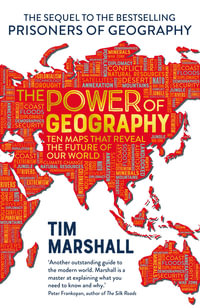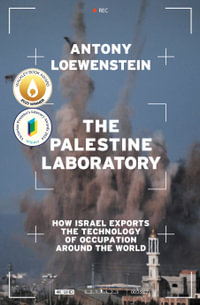Terrorism is one of the driving geopolitical trends of our era. Spectacular events are recognized by their dates--for example, the 9/11 attacks in New York and Washington and the 7/7 London bombings. It was a terrorist attack that drew the United States into a war in the greater Middle East that has lasted over fifteen years. Many other attacks, including those in non-Western countries, receive far less attention even though they may be more frequent and cumulatively cause more casualties.
In Terrorism: What Everyone Needs to Know®, Todd Sandler, one of America's leading scholars on the topic, provides a broad and example-rich overview of this perennially important issue. After clearly defining terrorism, he then discusses terrorism's causes, the nature of terrorist groups, how governments seek to counter terrorism, its economic consequences, and the future of terrorism. He focuses, in particular, on the extent to which specific motivations (nationalism/separatism, left and right extremism, and religious fundamentalism) and general conditions (poverty, globalization, and regime type) affect the frequency and costs of terrorism. As he explains, researchers have never established a link between poverty and terrorism or between globalization and terrorism. He also identifies many other widely-held misconceptions. Throughout, he emphasizes that terrorists are rational actors who seek political goals subject to situation-specific constraints. They respond to enhanced
security measures by altering their tactics, targets, and location, making their reactions predictable. Both highly accessible and theoretically powerful, this book is the perfect primer for anyone interested in the ongoing threat of terrorism.
Industry Reviews
"This book provides concisely written, authoritative and insightful overviews of significant topics in the study of terrorism and counterterrorism in a question-and-answer format." --PERSPECTIVES ON TERRORISM
"This short book by a well-known expert on terrorism is a refreshing addition to a long list of works written on the subject. It is written for the general reader and logically organized. Following a general introduction that lays out what terrorism is, kinds of terrorism, and why we should be concerned, each chapter tackles critical topics with ample information, including data and figures.The historical and analytic discussion presents different causes:
poverty, education, politics, religion, and income inequality. Sandler (UT Dallas) argues that researchers have never established a link between poverty and terrorism, or between globalization and
terrorism, and these are critical areas for research. This highly insightful work is a compelling introduction to the subject."
--B. A. Yesilada, Portland State University, CHOICE

























